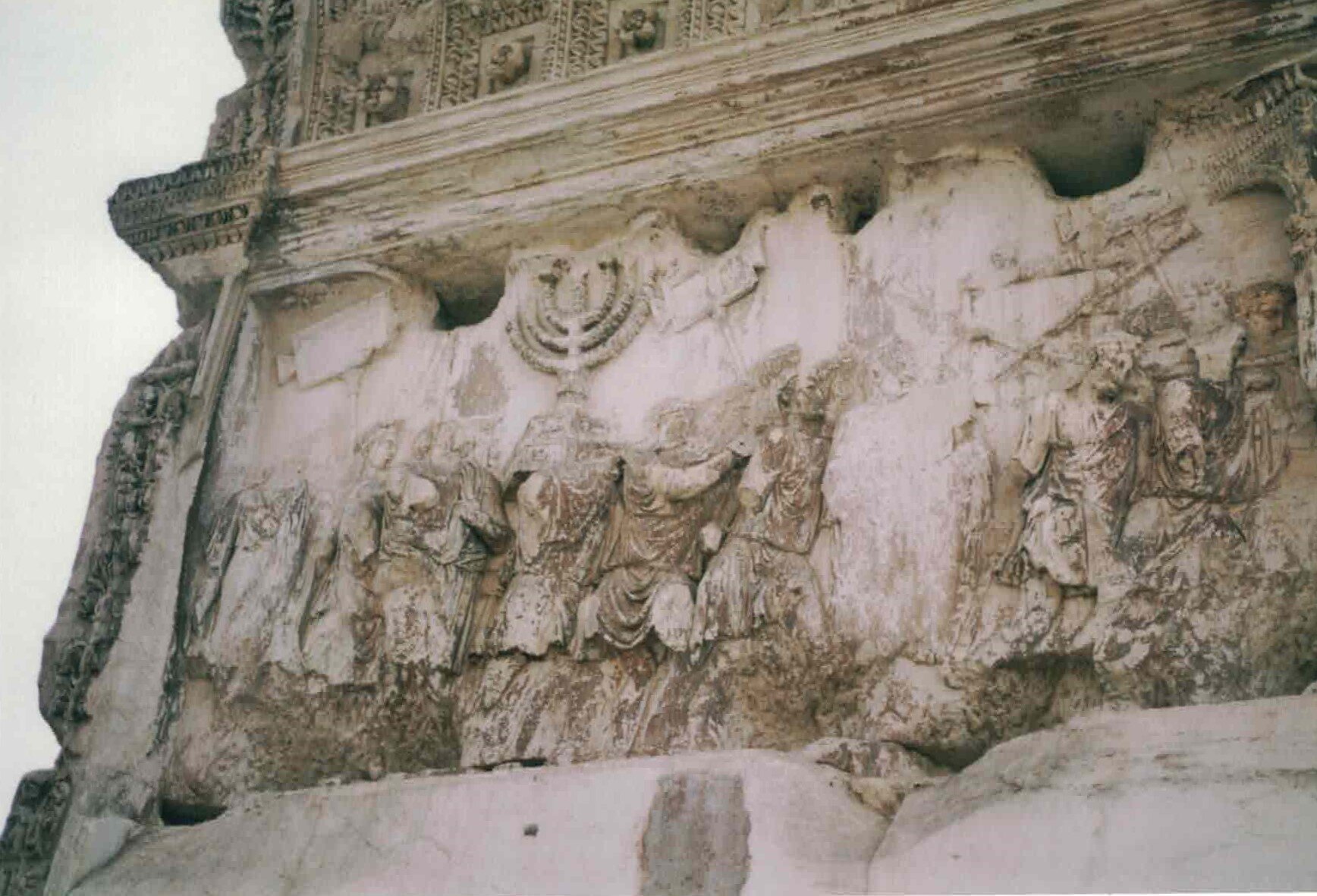Sextus Propertius: Poet in the Circle of the Emperor Augustus
What is known of the Roman poet Sextus Propertius comes from the poems he published in four books during the second half of the 1st century BCE. In the last poem of his first book, published in Rome around 30 BCE, Propertius, who narrates most of his poems in the first person, seemingly more transparently himself than poets who wrote in other genres, refers to “the Perusine tombs of our country” and “funerals in Italy’s hard times, / when Roman discord hunted her citizens.” He specifies his home territory, writing, “Umbria, below Perusia on the plain, / bore me, fertile Umbria, productive land.” We can visit that precise spot today, on the plain below the town now known as Perugia.
Apparently, his family’s property was confiscated. Perusia was besieged by Octavian (later to be Augustus) in 41 BCE. The city was plundered and the surrounding area subject to land redistribution. In the first poem of Propertius’ fourth and final book, published approximately 16 BCE, Propertius writes that he had to gather the bones of his father, presumably killed in the civil wars. Propertius himself was “forced into modest quarters… / the dull measuring rod took away refinements of wealth.”
How he got to Rome we don’t know. Perhaps he had the opportunity to join the educated classes by studying law or some other profession open to a man of letters. What is certain is he became educated in Greek and Roman literature and became a proficient poet in his own right. His first book was probably published when he was around 20 years of age. Perhaps because of that first book, known in antiquity as the monobiblos, the single book, Propertius came to the attention of Gaius Maecenas, a close adviser of Octavian’s, and later a kind of cultural minister when Octavian took power after the battle of Actium in 31 BCE and then became the Emperor Augustus in 27 BCE.
Propertius was asked by Maecenas to write official verse in favor the Empire, as the most famous poets of the land, Vergil and Horace, also patronized by Maecenas and within the inner circle of the emperor, had been doing. In two poems, Propertius refuses Maecenas’ requests, arguing rhetorically that, if he could, he would certainly celebrate the great victories of Augustus, and Maecenas’ role in them, but he, Propertius is not an epic poet. Rather, he is like the Hellenistic poet Callimachus. “Callimachus,” he writes, “with narrow chest, does not thunder out / the Phelgraean uproars of Jove and Enceladus, / nor is my diaphragm fit to set in hard verse / the story of Caesar back to his Phyrgian forebears.” Everyone is suited to a certain task, and Propertius is suited to love and love poetry. Using another rhetorical device, he likens his love affairs to war: “Writhing against one another on a narrow bed’s our battle: / as far as each is able, let him, in that art, waste the day.”
Most of Propertius’ poems involve his relationship with a woman he calls Cynthia, probably a reference to the god Apollo, born on Mount Kynthos, on the island of Delos, as Cynthia is skilled in the arts of poetry and music. Many poems describe — in vivid terms, alternately highly erudite, with obscure mythological references, and brashly direct, a kind of street language — the tempestuous ups and downs of their relationship. In his final book, Propertius attempts some of the arcane, learned topics that were expected of a poet of his stature. In the seventh poem of his fourth book, Cynthia’s ghost comes to visit him. They fight again, realizing that the passion they shared during life will survive their time on earth.
(From top) Ostia; Clitumnus spring; Palatine Hill; Arch of Titus. All photos by Vivien Bittencourt, 2001-2002.



